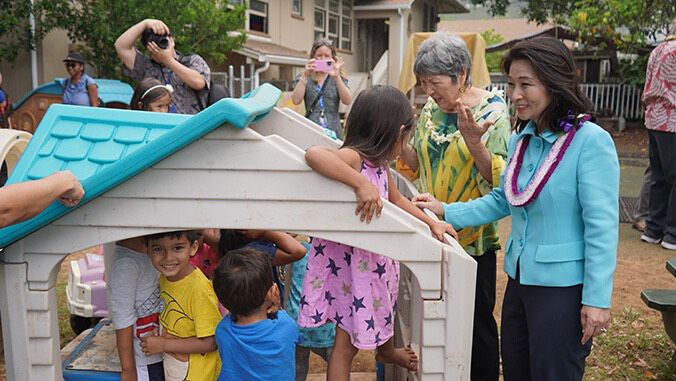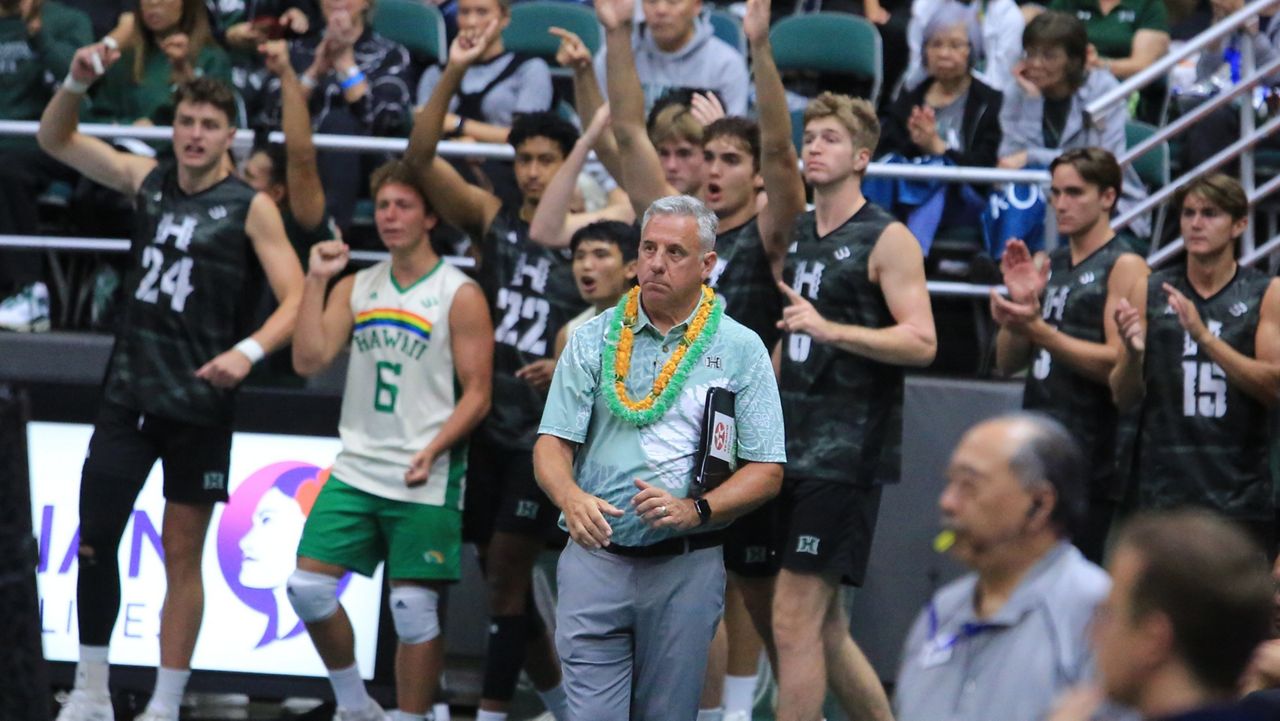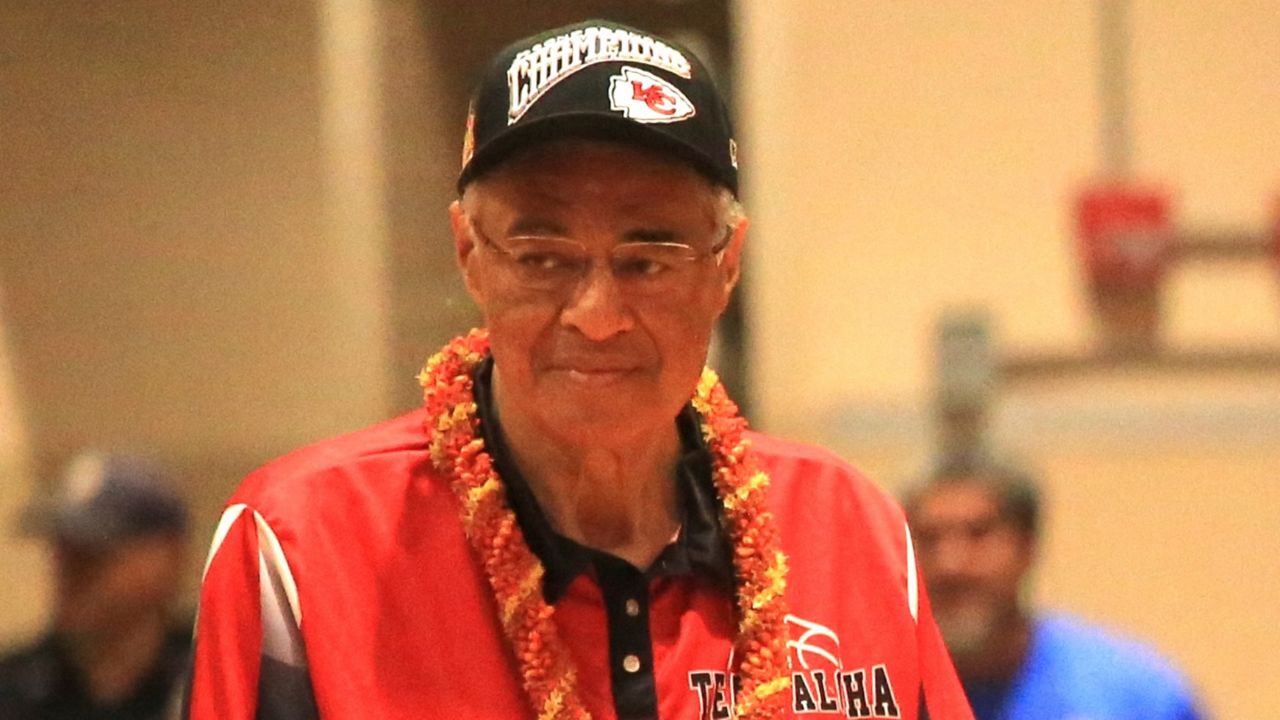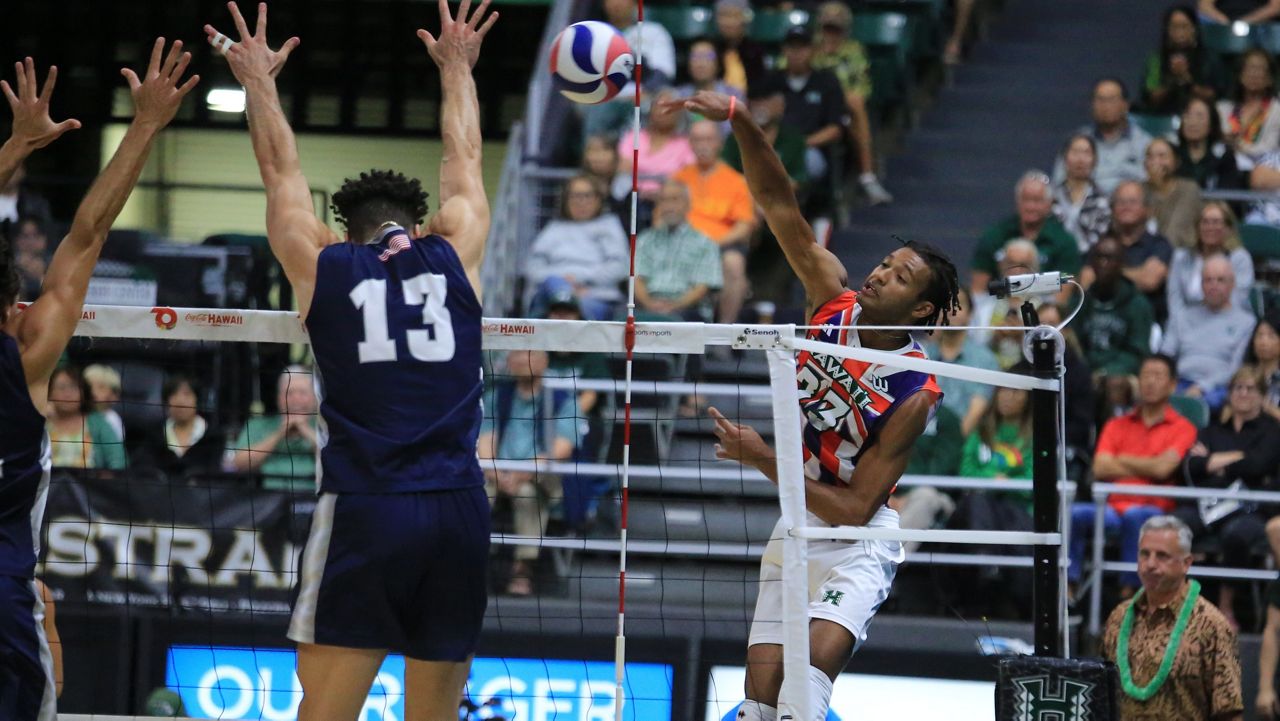More than 8,000 eligible Hawaii children do not attend preschool due to high costs and limited availability of spots in desired programs, a situation that warrants policy intervention and greater overall support, according to new analysis by the University of Hawaii Research Organization.
As research economist Rachel Inafuku notes, only 55% of the 33,224 children ages 3 to 4 years in the state are currently enrolled in preschool programs. About 20% of eligible families choose to opt out of preschool, the remainder are unable to access programs due to system factors.
Inafuku cites UH Center on the Family research that found 86% of Hawaii families lack access to preschools that are both affordable and in nearby, convenient locations.
“Consequently, many families who are eager to enroll their children in preschool find themselves unable to do so, highlighting a critical area for policy intervention and support to ensure broader access to early childhood education,” Inafuku wrote.
Inafuku noted the 2020 enactment of Act 46, which sets the goal of universal access to preschool by 2032, and related appropriations and initiatives intended to significantly increase access through the construction of new facilities, subsidies for preschool tuition costs and other means.
However, while these investments have contributed to a 90% overall increase in preschool enrollment over last year, “like many other states, Hawaii is experiencing a shortage of childcare workers, which could impede the initiative’s success,” Inafuku wrote.
Coordinated efforts to boost preschool attendance could bode well for the state. As research cited by Inafuku indicates, children who attend preschool are better prepared for kindergarten; less likely to repeat grades or be designated as needing special education services; enjoy higher overall math and reading scores on standardized tests; earn more; and exhibit reduced antisocial behavior in childhood and lower rates of adult crime and incarceration. Preschool education also is of particular benefit to children from low socio-economic backgrounds, non-native English speakers and those who scored the lowest on cognitive tests at the start of the program.
“Given that those from high-income families are more likely to afford private preschools, it is reasonable to assume that the 8,092 underserved children predominantly come from low- and middle-income backgrounds,” Inafuku wrote.
Based on research findings and recent data, children in low- to middle-income households who attend preschool can expect to earn an additional $2,400 to $4,700 (in 2023 dollars) in annual income at age 35.
“Aggregating these increases in income, each cohort of previously underserved children who gain access to a preschool education is projected to contribute an additional $19 million to $38 million (in 2023 dollars) to the state’s total personal income at age 35,” Inafuku wrote.
Inafuku wrote that the state’s commitment to expanding preschool access carries “immense significance for Hawaii’s future.”
“If the state is able to achieve universal access and ensure children receive quality early childhood education, it will enhance the lives of children who might otherwise lack a preschool education and contribute to Hawaii’s long-term enrichment,” she said.
Inafuku’s analysis was posted to the UHERO blog, which features materiel circulated to stimulate discussion and critical comment. Such posts are subject to active UHERO discussion, but have not undergone formal academic peer review.
Michael Tsai covers local and state politics for Spectrum News Hawaii. He can be reached at michael.tsai@charter.com.









